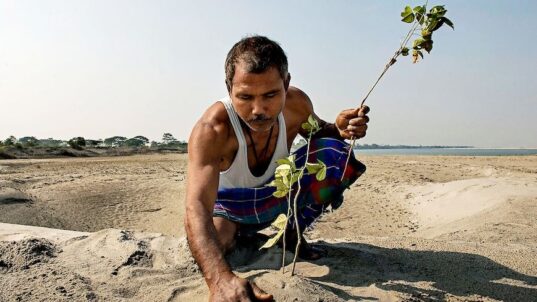Some people wonder why IF’s discussions focus on possibilities for public policy.
The term “possibility” underlines the openended-ness of public policy and the reality that discussing and making public policy both require choice. Still, the real reason for thinking about and discussing public policy in terms of possibilities is that it encourages exploration. And, because exploration is something lay citizens can do as well—or better—than experts, IF’s discussions allow non-specialists to participate on equal terms with specialists. Possibilities are, in short, good for exploration, while exploration is inherently democratic.
Possibilities promote exploration in several (interactive) ways. Possibilities:
- Are essentially open-ended and invite continuing discussion and revision in the light of further democratic discussion and changing events
- Require variety (a “singular possibility” may well be a contradiction in terms)
- Allow more internal complexity than even thorough descriptions of current policy or lists of public policy recommendations
- Encourage participants to keep their discussion at the conceptual level of “what might be” rather than at the level of immediate problem-solving or policy “fixes”
Non-expert citizens can explore policy possibilities as least as well as experts. Expertise may confer advantages when debating current and future policy, but not when exploring policy possibilities, which depends at least as much on creativity as on technical knowledge or analytical skill.
Possibilities are open to democratic discussion in another, equally important sense: inherently open-ended, possibilities tend to invite further exploration, development, and choice rather than foreclosing it as experts’ policy conclusions often do, especially when immediate practical solutions or courses of action are expected or needed.



